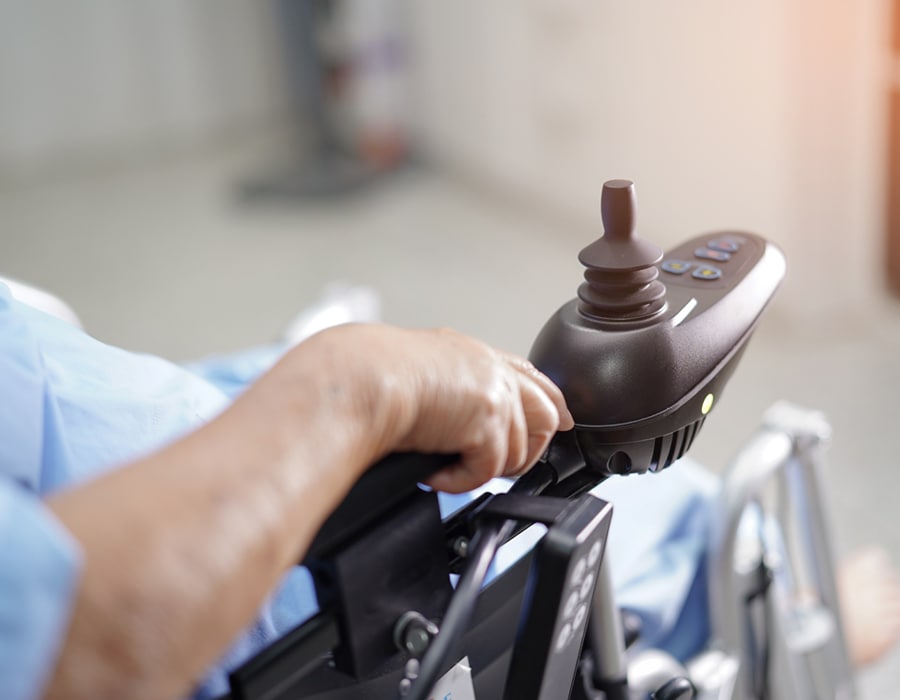The Medicines and Healthcare products Regulatory Agency (MHRA) has released a Statement of Policy Intent that details its proposals for how an Early Access Service for innovative medical devices would work.
The service takes learnings from the Unmet Clinical Need Authorisation (UCNA) tool, tested through the Innovative Devices Access Pathway (IDAP), and turns it into a routine mechanism that makes promising technologies available to patients while full evidence packages are still maturing.
According to the MHRA, the UK medical device market is innovative but is often hindered by approvals of devices coming onto the market being slow, costly, and complex.
By offering a controlled, time‑limited authorisation pathway, the regulator intends to accelerate patient benefit, give SMEs clearer support, and generate real‑world evidence that bridges the gap between clinical investigations and full UK Conformity Assessment.
The proposed Early Access Service should help medical device manufacturers, which encompasses some assistive technologies like powered wheelchairs and prostheses, introduce innovative products to market sooner than would be possible through the current approach.
Under MHRA’s proposal, medical device manufacturers will be able to apply for conditional access where their device tackles a clearly defined unmet NHS need or can substantially improve patient outcomes.
The legal mechanism relies on regulations 12, 26, and 39 of the Medical Devices Regulations 2002, allowing the MHRA to waive specific requirements when the public health benefit outweighs residual risk. Authorisations will be strictly time bound; manufacturers must keep collecting and sharing post‑market data and must show steady progress toward full approval.
An advisory service, offered for a set fee, will guide applicants on eligibility, documentation, and milestone expectations, helping innovators understand benefit–risk criteria early in development.
The Early Access route is distinct from the Exceptional Use Authorisation reserved for public health emergencies, but it will sit alongside other innovation pathways and a refreshed UKCA system that places greater emphasis on international reliance.
The policy paper points out that Northern Ireland continues to apply European Union medical device rules. Government will therefore explore how Early Access decisions interact with that regulatory environment, including the possibility of exceptional authorisations where a public health need exists.
In addition, the MHRA says it is investing internally to build the capability needed to deliver the service and will consult further with industry, the NHS, and wider stakeholders during the remainder of 2025. Detailed guidance, covering application forms, fee levels, data collection templates, and the interface with NHS adoption programmes, is expected before the scheme goes live.
MHRA’s objectives mirror wider UK Government ambitions set out in the 10‑Year Health Plan and the Life Sciences Sector Plan, it states.
The post MHRA’s proposed Early Access route aims to put breakthrough medical devices in patients’ hands sooner appeared first on AT Today – Assistive Technology.

